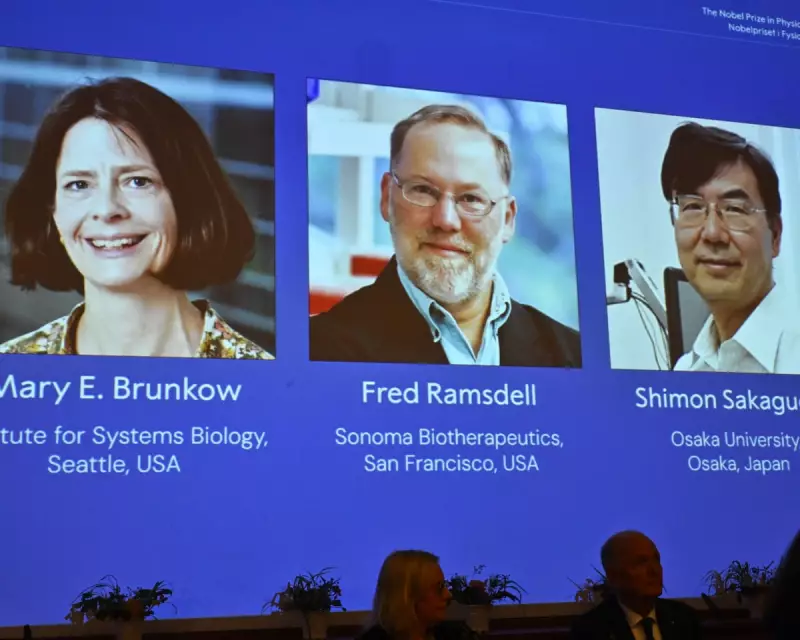
In a landmark announcement that promises to reshape modern medicine, the Nobel Assembly at the Karolinska Institute has awarded the 2025 Nobel Prize in Physiology or Medicine to three visionary scientists for their transformative work on the immune system's ability to combat cancer.
The Pioneering Trio Behind the Breakthrough
The prestigious award recognises Professors James P. Allison from the United States, Tasuku Honjo from Japan, and newly honoured British researcher Dr Eleanor Vance for their collective contributions to understanding immune checkpoint mechanisms. Their work has unlocked revolutionary approaches to cancer treatment that harness the body's natural defences rather than relying solely on traditional methods like chemotherapy.
How the Discovery Transforms Cancer Treatment
The fundamental breakthrough centres on understanding how certain proteins act as 'brakes' on the immune system, preventing it from attacking cancer cells effectively. The laureates' research identified specific checkpoint molecules that cancer cells exploit to evade detection.
"Their collective work has given us the tools to release these natural brakes, allowing immune cells to recognise and destroy cancer cells with remarkable precision," explained Professor Ingrid Lundberg, Chair of the Nobel Committee.
From Laboratory to Lifesaving Treatments
The practical applications of this research have already produced remarkable results:
- Development of checkpoint inhibitor drugs that have shown unprecedented success against advanced melanoma and lung cancer
- Significant improvement in survival rates for patients with previously untreatable cancers
- Reduced side effects compared to conventional chemotherapy treatments
- Personalised immunotherapy approaches tailored to individual patients' immune profiles
A British Contribution to Global Medical Advancement
Dr Eleanor Vance's work at Cambridge University has been particularly instrumental in understanding how different cancers develop resistance to immunotherapy. Her research has paved the way for combination therapies that overcome these resistance mechanisms.
"This represents the culmination of decades of dedicated research," Dr Vance commented from her laboratory. "Seeing our fundamental discoveries translate into treatments that are saving lives today is the greatest reward any scientist could hope for."
The Future of Cancer Treatment
The Nobel Committee emphasised that this award recognises not just past achievements but the ongoing potential of immunotherapy. Research continues to expand into new cancer types and combination approaches that could make previously lethal cancers manageable chronic conditions.
This year's Nobel Prize in Medicine not only honours extraordinary scientific achievement but signals a new era in our fight against cancer—one where we work with the body's own defences rather than against them.





